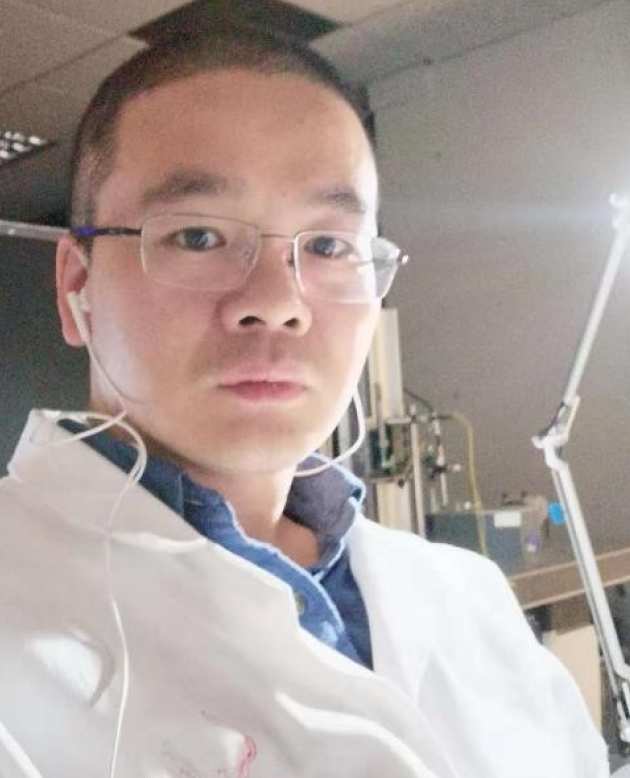Tunnelling Sensor
 Electronic techniques such as electron-tunnelling microscopy and tunnelling sensors offer unique tools to study the structure and surface of nanoscale objects. However, these methods face the two key challenges including 1) simple but robust nanoelectrodes (separated by sub-5 nm gap) fabrication technique and 2) lack of active tools to control molecules transported into the nanogap, which limit the continuing the development of tunnelling technique for single-molecular detection and DNA/protein sequencing. We will intend develop a new tunnelling sensing platform with innovative and robust nano-capillary-based nanoelectrodes and dielectrophoretic molecules-trapping method, which is expected to control the molecules go into or pass the through the nanojunction between the tunnelling electrodes, therefore making it a promising sensor methodology for trace analytes.
Electronic techniques such as electron-tunnelling microscopy and tunnelling sensors offer unique tools to study the structure and surface of nanoscale objects. However, these methods face the two key challenges including 1) simple but robust nanoelectrodes (separated by sub-5 nm gap) fabrication technique and 2) lack of active tools to control molecules transported into the nanogap, which limit the continuing the development of tunnelling technique for single-molecular detection and DNA/protein sequencing. We will intend develop a new tunnelling sensing platform with innovative and robust nano-capillary-based nanoelectrodes and dielectrophoretic molecules-trapping method, which is expected to control the molecules go into or pass the through the nanojunction between the tunnelling electrodes, therefore making it a promising sensor methodology for trace analytes.
Mini-bio
He received MSc from East China University of Science and Technology in 2008, and then obtained PhD from Tsinghua University in 2013. After that, he moved to Zhejiang University as an researcher associate and was promoted to associated professor in 2016. He is now a visiting researcher in this group (Aug. 2018~). His research focuses on molecular photonics and electronics, as well single -molecular techniques.
Publications
Please see Google Scholar

Contact
Professor Joshua B. Edel
Department of Chemistry
South Kensington Campus
SW7 2AZ London
Tel: +44 (0)20 7594 0754
Email: joshua.edel@imperial.ac.uk